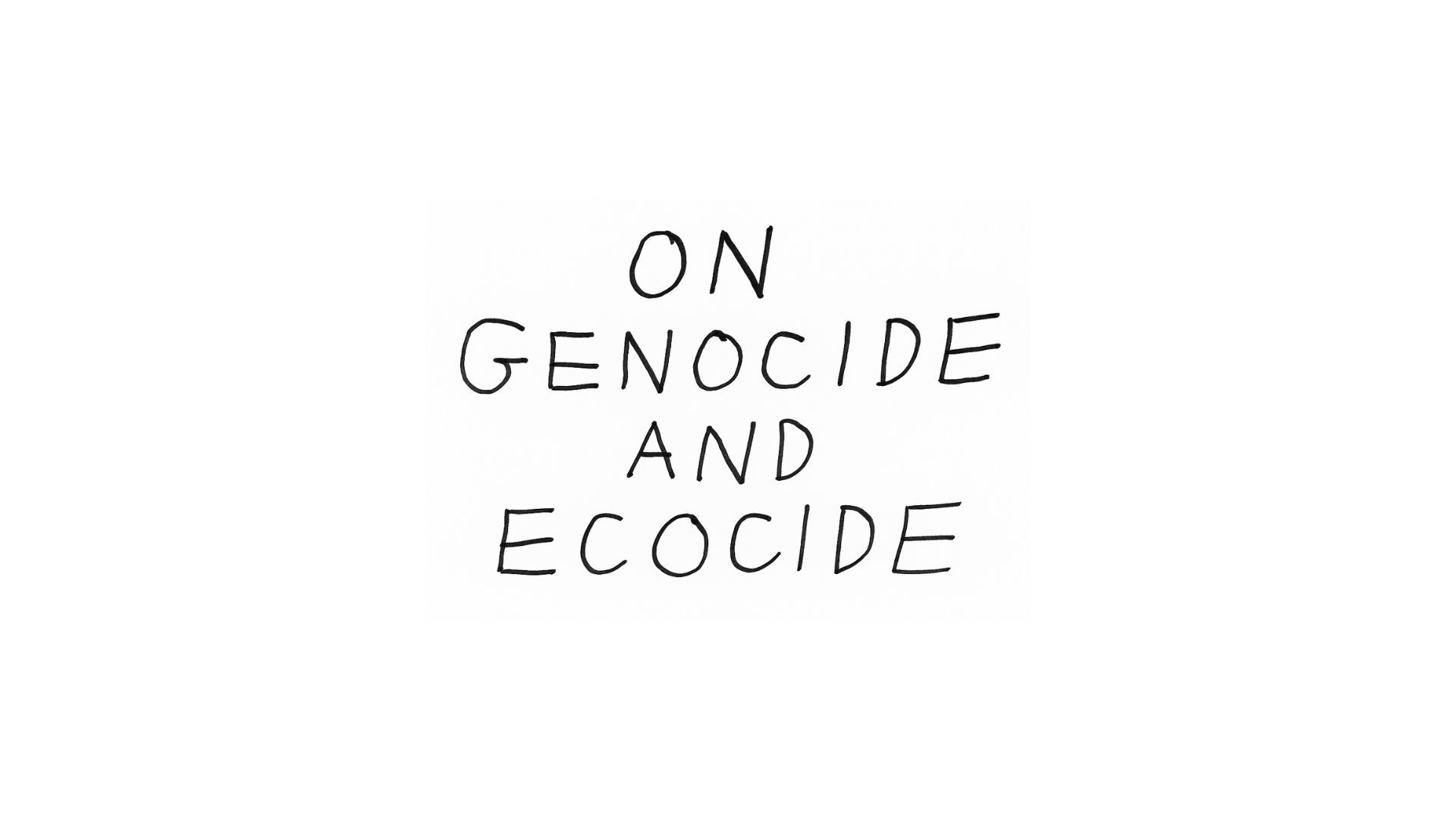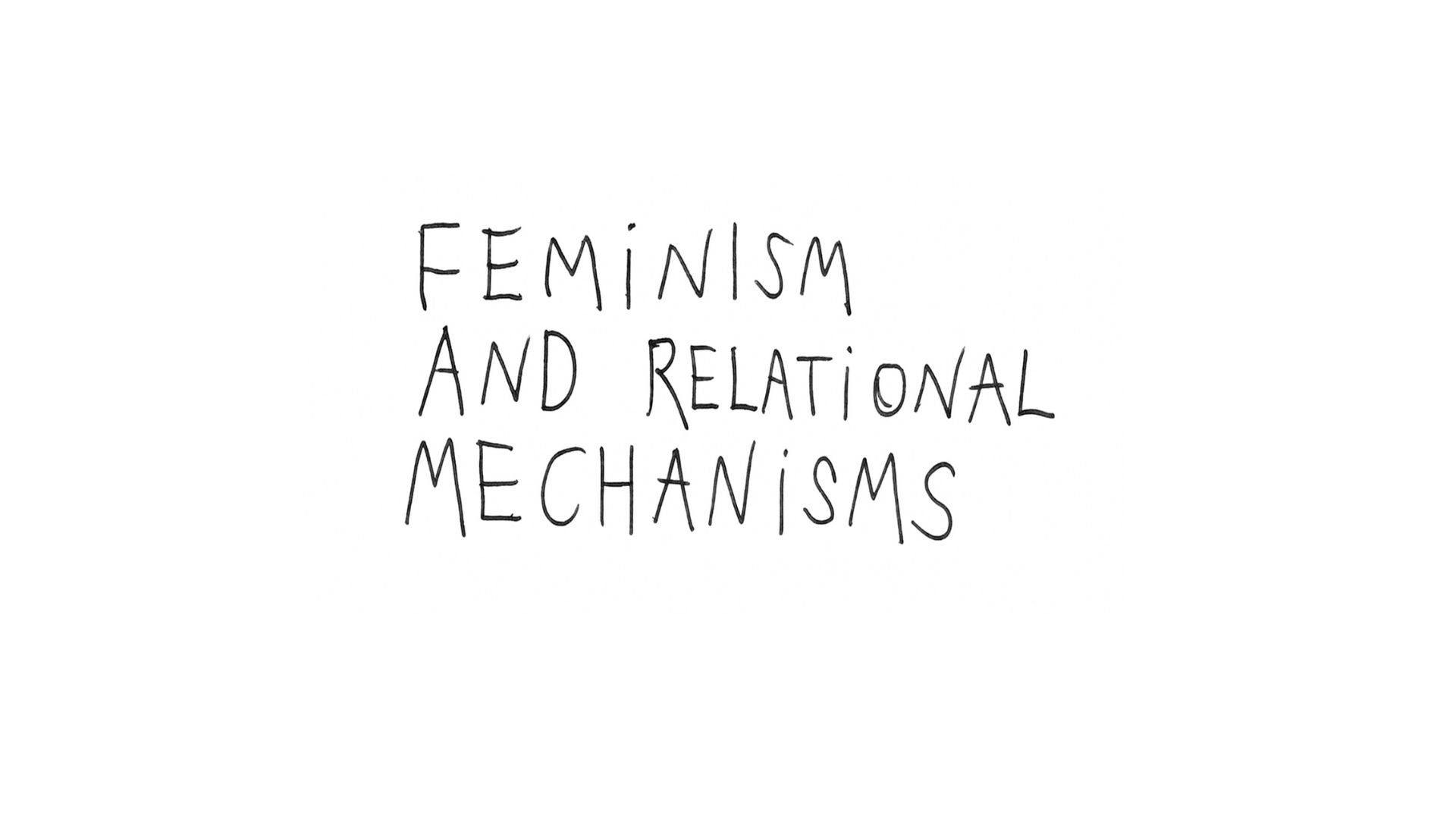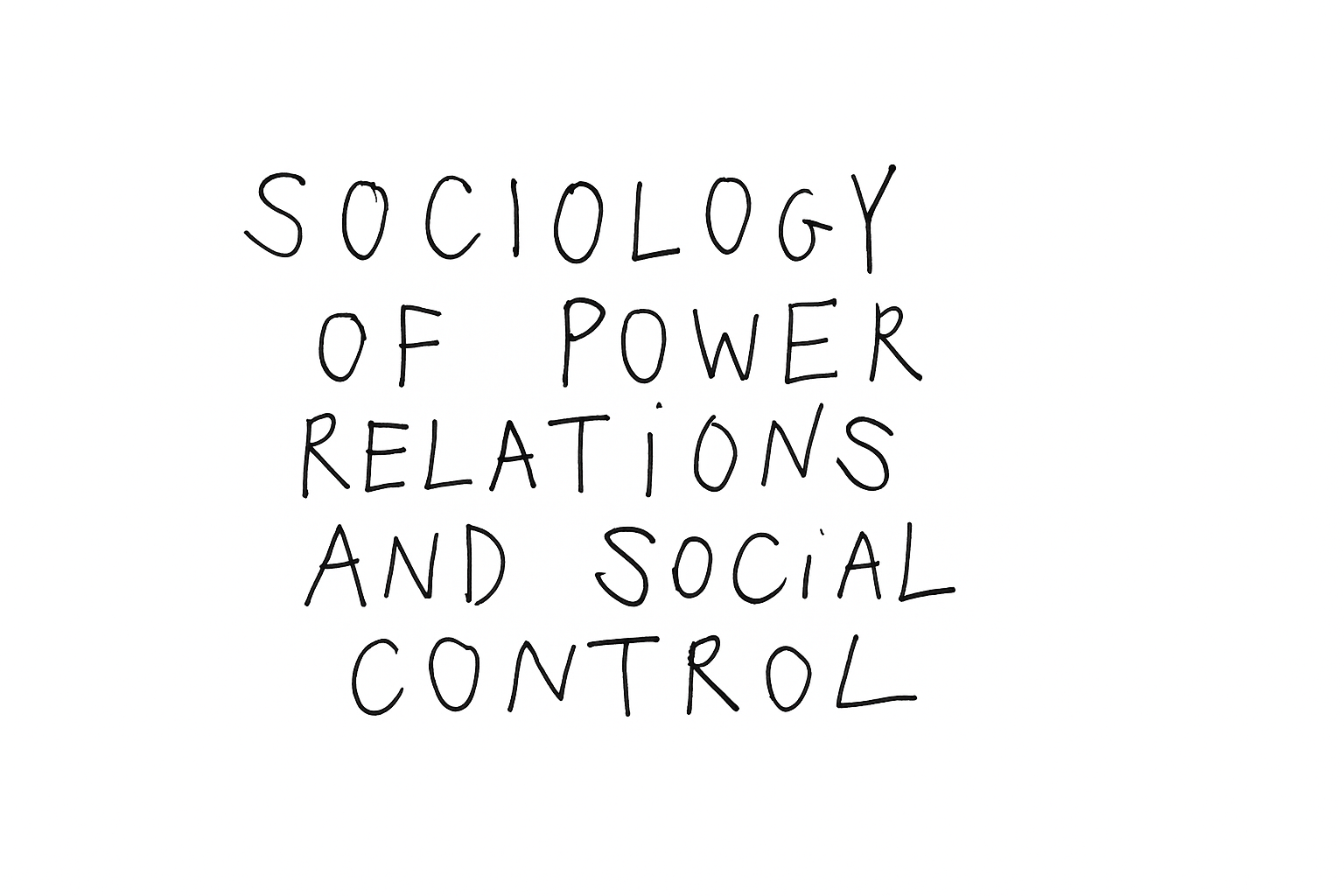
Geographies of erasure: ecocide and genocide in Occupied Palestine.
In Palestine, ecocide and genocide are inseparable. The land is not just collateral damage—it is a target. Uprooted trees, poisoned waters, and militarized ecologies form a systematic assault on life itself. To name this is not rhetorical: it is a political necessity. Environmentalism that ignores Palestine is not neutral—it is complicit. Because when a land is dying, it is never dying alone.

If they applaud you, maybe you’re not radical.
If they applaud you, maybe you’re not radical.
Today, both talent and radicality are shaped by the logic of performance. Marketable, aesthetic, safe. But real radicalism doesn’t fit in an algorithm—it refuses the system altogether. It risks being ignored, distorted, exiled. And maybe that’s where true talent lives: not in applause, but in disobedience.

Invisible bodies, hostile cities: towards an intersectional urbanism of pain, care, and justice.
Invisible pain reveals invisible injustice. Chronic illness exposes the limits of cities built for speed, silence, and sameness. Intersectional urbanism calls for a radical shift—from performance to presence, from efficiency to care. A just city does not demand resilience. It listens, holds, and adapts. Because there is no spatial justice without bodily justice.

All men. Every woman.
Not all men are violent—but all men live in a system that enables violence.
Gender-based violence is not a series of isolated acts; it’s a structure. A culture. A function of power. Until all men recognize their place within that system—and actively work to dismantle it—nothing will change. This is not misandry. It’s accountability.

The gravity of suffering.
Pain is like gravity—inescapable, invisible, and profoundly shaping. It anchors us, teaches us, weighs on us. Yet within its heaviness lies an unexpected strength. Suffering rewrites us, but does not define us. It is a companion, not our master. We carry it, translate it, resist it—and in doing so, remain human.

The imperative of traceability.
Accountability is not optional—it’s the foundation of democracy.
In the face of escalating violence against peaceful protesters, the absence of officer identification numbers in Italy is no longer tolerable. Traceability is a democratic imperative: without it, justice falters and trust erodes. To protect civil rights, every officer must be identifiable. Transparency is not an abstract value—it is the precondition of true security.

No-stop city: reflections on the transformation of Italian squares in the digital era.
Italian squares are no longer just historical landmarks—they are battlegrounds between memory and market, presence and digitization. As urban spaces grow more commercial and privatized, the square risks becoming a stage without a public. To reclaim it means defending its political essence: a space for encounter, dissent, and democratic life. In the age of the No-Stop City, slowing down and reoccupying public space becomes a radical act.

Italy's unspoken epidemic: gender violence and the call for intersectional urbanism.
Italy’s epidemic of gender violence demands more than outrage—it calls for a transformation of space. Intersectional urbanism offers a path forward: to reclaim cities as places of resistance, care, and justice. Not through cosmetic reforms, but through radical redesign—where every street becomes a stand against patriarchy, and every public space affirms the right to live without fear.
